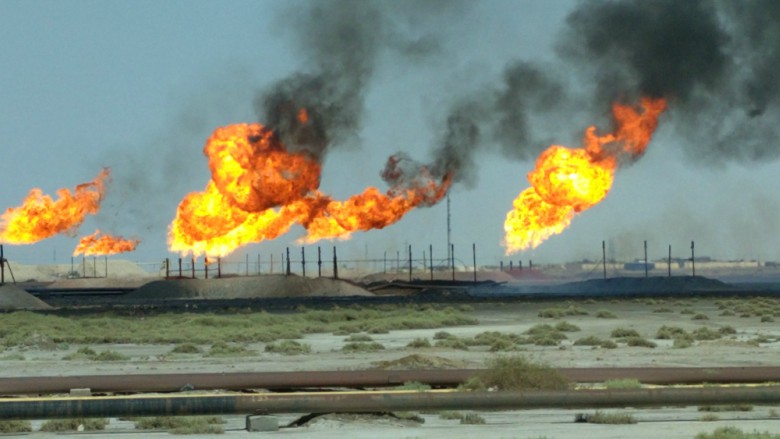Hesham El Shamy
140 billion cubic metres – that’s how much natural gas is flared annually, impacting human health, accelerating climate change, and releasing carbon dioxide, methane and black soot. The practice of flaring is a significant economic and environmental problem that the Net Zero Emissions by 2050 (NZE) aims to eradicate by 2030 by removing non-emergency flaring. It is an ambitious goal, but one that’s sorely needed as it can potentially prevent the release of around 365 million metric tons of C02 into the atmosphere. Achieving this result would also see a 95% reduction in flared gas volumes and take significant steps towards sustainability.
The challenge is to find equally sustainable and capable solutions that would allow the oil and gas industry to break its reliance on flaring. While companies have recognised the need to reduce flaring and are increasingly committing to curtail the practice, this is only a preliminary step. Finding a solution means finding a way through the energy trilemma characterised by a complex balance of energy security, environmental sustainability and energy equity.
The trilemma has to overcome three core challenges – the need for reliable and affordable energy; the urgency of mitigating climate change and reducing the impact on human health; and the equitable distribution of energy resources. Flaring prevents the accumulation of combustible gases while ensuring safe operations and processing, but it has a direct impact on the environment. It is also an inefficient use of valuable energy resources which goes directly against the goal of energy equity.
This is where flare-to-power can help oil and gas companies make the most out of a financially and environmentally challenging situation. Using flare-to-power solutions, companies can respond intelligently to the energy trilemma as they offer an innovative and sustainable route to capitalising on the latent energy that comes with flaring. Rather than treating the gas as a waste product, flare-to-power solutions harness it as a resource, using it to generate electricity and a source of clean energy.
Flare-to-power solutions deftly resolve the energy trilemma by providing energy security, environmental sustainability and energy equity. They also offer oil and gas companies the opportunity to optimise their total cost of energy which introduces economic efficiencies sorely needed by the sector right now. However, companies have legitimate concerns about the viability of the technology.
The first is the feasibility of using flaring as a source of energy – many oil operators lack the infrastructure needed to capture and use the gas they flare during operations which inhibits their investment into this solution based on cost and systems. The second challenge is reliability because flaring is a sporadic resource rather than a consistent one. Operators are concerned about relying on this as a source of power because flaring is intermittent and this could result in an inconsistent power supply.
So, how do companies tap into flaring as a source of power while addressing the very real concerns of reliability and infrastructure? The answer lies in taking a phased approach to flare-to-power using an energy service provider with the tools and technology capable of managing these challenges sustainably and intuitively. Aggreko works with companies throughout the multiple stages of a flare-to-power project, ensuring they benefit from a consistent energy resource while reducing the wasteful practice of flaring. Using cutting-edge technology, Aggreko implements advanced measures such as real-time gas analysis and insights into gas composition every seven minutes to ensure consistent and verified gas quality supply, and by building solutions that align with environmental goals while ensuring extracted gas is used to its full potential. For example, when gas volume diminishes, Aggreko offers a phased reduction in the flare, ensuring a controlled transition, or when gas volumes are projected to increase, Aggreko provides a proactive scaling-up process.
Flared gas serves no productive purpose despite accounting for around 500 million tons of CO2 – enough to power sub-Saharan Africa – so it makes sense to repurpose this wasted energy, turning it into electricity supply for countries that need it the most. With Aggreko’s modular approach to flare-to-power, companies can seamlessly scale up and down in response to power demand or gas availability and easily navigate the challenges associated with flared gas while staying ahead of the energy trilemma.
The writer is Oil & Gas Sector Lead at Aggreko AMEA
____________________________________
This article first appeared on Greenlogue and is brought to you by Hyphen Digital Network







